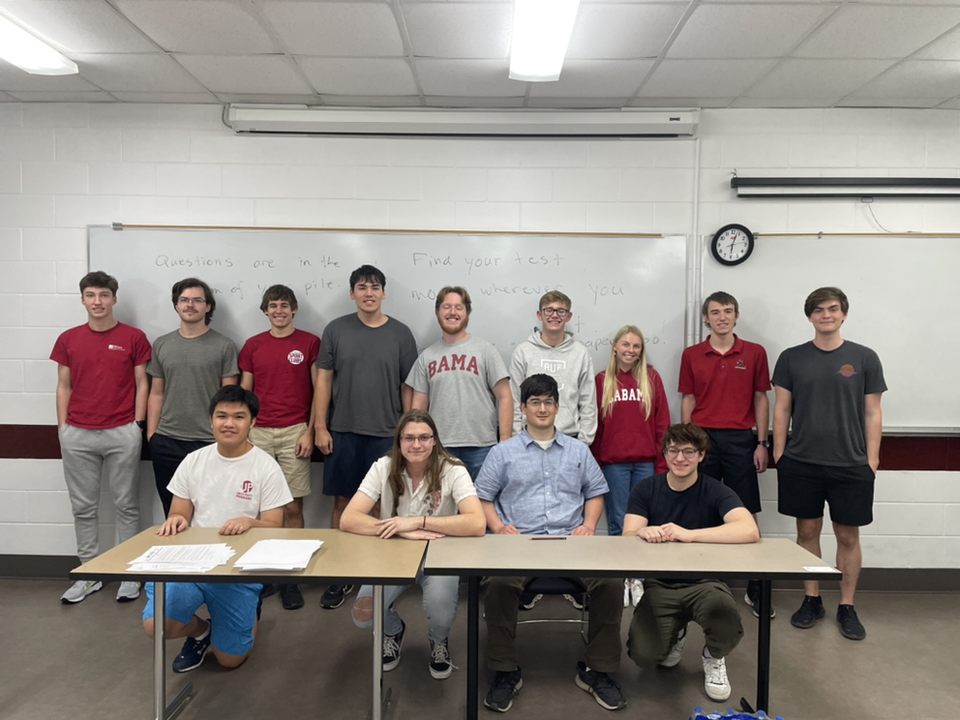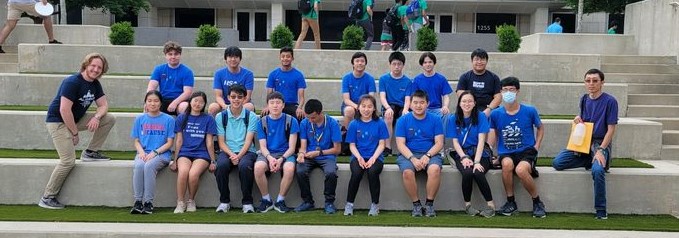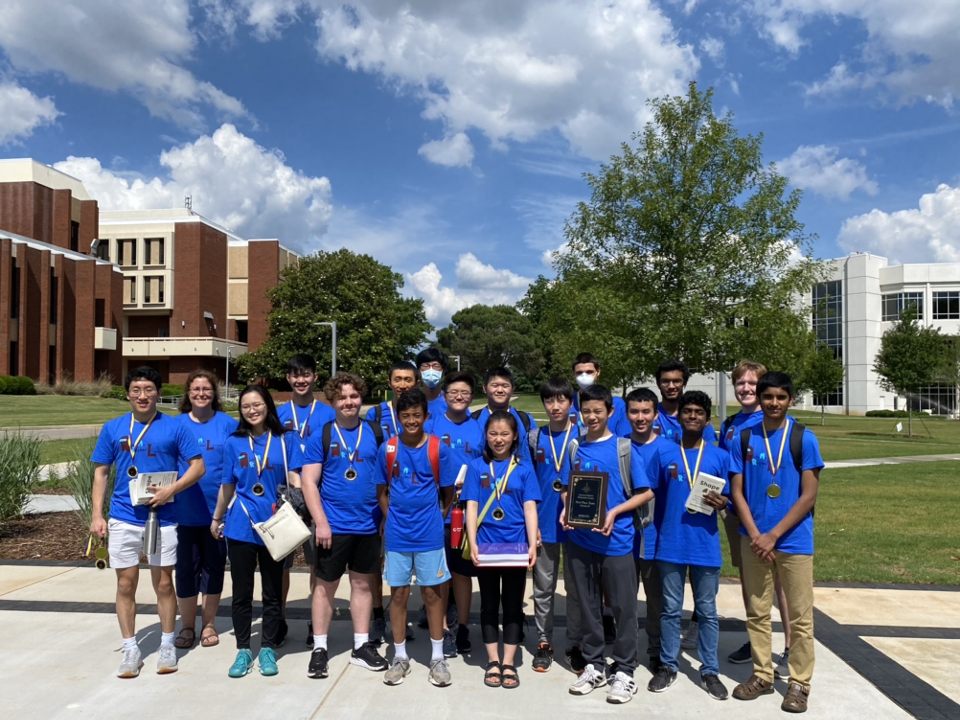Bio
I am an undergraduate senior in mathematics at the University of Alabama, applying to graduate schools for Fall 2024. I will graduate with a double major in Mathematics and Physics and a master's in Mathematics through UA's accelerated master's program (making me the first in my family with a graduate degree). I fell in love with mathematics at a young age where I began competing in math competitions. I now coach students in math competitions (I am open to online coaching/tutoring). Above is the 2023 UA Putnam team and the 2023 and 2022 Alabama ARML Teams. I am the dude on the left side in the middle picture.
This is my work-in-progress website that I am building to house my research, math competition resources, and general thoughts as I go through this journey. If you would like to reach out to me, please fill out this form.
Research Interests
I am interested in harmonic and functional analysis and how these are useful in informing other branches of mathematics, such as number theory and combinatorics.
As an undergraduate, I worked on two papers which can both be found on arxiv. One is in algebra/combinatorics and one is in harmonic/functional analysis. I am also currently finishing up my master's thesis which is in classical analysis.
Resources and Books
This section is for students, parents, or teachers interested in finding resources which form supplements to a traditional math education. I have many thoughts on book and resource recommendations for all levels elementary through college, more with the perspective of math competitions as that is my background, but still would be helpful for anyone wanting to learn more math. I will slowly be adding more over time.
Elementary School level
- Working problems was crucial during this point. Most of the problems are standard and basic so getting familar with thinking and working through them.
- 5th Grade practice problems
Middle School level(Mathcounts/AMC 8)
- Working through problems is still important. There is a standard curriculum set up by the Art of Problem Solving (AOPS). Their books are great for learning and getting exposed to the next level.
- Mathcounts and AMC 8 are competitions at this level as well as many local competitions.
- This is also a good point to learn what a good solution/proof looks like.
Early High School level(AMC 10)
- This is where it becomes important to start thinking in terms of topics: Algebra/Geometry/NumberTheory/Combinatorics. There are definitely overlaps (for instance, trig and linear algebra has overlap between algebra and geometry). Categorizing problems/tricks/techniques this way can go a long way in the future.
- Many of the previous AMC 10 tests can be found on the AOPS website.
- Mu Alpha Theta convention tests can be good at seeing easier problems involving more advanced topics.
- Even if you are not close to qualifying for any national olympiads, it is useful to practice some olympiad type problems (see here for example) as this can improve your mathematical thinking.
Late High School level(AMC 12/Calculus)
Pre-Olympiad/AIME/ARML
Olympiad
College/Putnam
Notes
Here is where I post notes I have made, usually for ARML or Putnam. These range from beginner to advanced levels.
Algebra
Geometry
Number Theory
Combinatorics
Calculus/Analysis
Thoughts on math education and competitions.
Math competitions are cool, fun, and most important, can act as supplement to improve a students math education regardless if they are interested in pursuing math in college. Again, I will be slowly adding my thoughts on this topic which should motivate my choices of books above.


